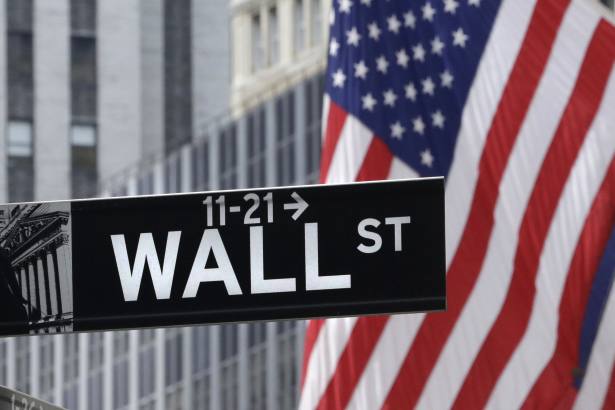
A chaotic 2020 in America culminated in a presidential election that captured the world’s attention.
The people may have spoken but the American political system still remains divided, with the Democrats failing to take control of the Senate as it stands.
Add into the mix a pivotal runoff election in January and an incumbent who still refuses to concede at the time of writing, and cyclicals face further potential headwinds.
“Given the prospect of divided government in the US for at least two more years, we’ll probably only see a very diluted version of [president-elect Biden’s] economic plan,” says Bo Brownlee, partner and portfolio manager at Secor Asset Management.
“The likely result being less fiscal stimulus than he had envisioned, fewer and smaller tax hikes and continued monetary easing.”
This all means investors are once again having to do further analysis on the US political system given a lack of an emphatic outcome. The Democrats could yet win control of the Senate if they triumph in two Georgia runoff elections being contested on January 5 – which means there is now another date in the calendar to watch.
Should the Democrats prevail, there would be a greater chance of more fiscal stimulus and bigger investments in green energy. This, explains Saxo Bank head of equity strategy Peter Garnry, would result in inflation and lead to higher rates.
“If Republicans still control the Senate by January, then president Biden’s period will be difficult, and his ability to get things done will be minimal unless Republicans post the Trump era decide to bend their views towards the Democrats,” adds Mr Garnry, who does not see the latter scenario as particularly likely.
“A constrained Biden administration is perceived by the market as positive because it will postpone technology regulation, avoidance of higher corporate taxes, and no healthcare reform on drug prices. This scenario is net positive for the healthcare, IT and communication services sectors which dominate the US equity market.”
A fresh start
In the most basic terms, cyclical stocks need good economic news and this year hasn’t featured a lot. Fortunately, recent breakthroughs on the vaccine-development front have given both society and markets a much-needed boost.
Catherine Doyle, investment strategist for the BNY Mellon Global Real Return fund, is optimistic in her outlook: “2020 was the year of the coronavirus and lockdown, while 2021 promises to be the year of reopening and recovery.
“Stay at home plays in areas such as technology have worked well this year but those companies more sensitive to the resumption of economic activity, such as homebuilders and automotive stocks, should shine as we move into 2021.








